Sustainability
Sustainability transformation at Satair
Satair, a world leader in the civil aviation aftermarket, operates globally and is firmly committed to climate protection. To meet these commitments, the company has set ambitious targets for decarbonization, water consumption and recycling. With valantic’s help, Satair has undergone a transformation to implement the right organizational structures, processes and tools to support its sustainability goals.

Transformation towards more sustainability at Satair - a 100% Airbus subsidiary
Satair is a global company and the world’s leading supplier in the aftermarket for civil aviation. In order to take responsibility for climate protection, the company has set itself ambitious goals in the areas of decarbonization, water consumption and recycling. The transformation to a sustainable company with suitable organizational structures, processes and tools was carried out with valantic’s support.
Results and customer benefits
Anchoring of the sustainability strategy throughout the company
Creation of a comprehensive carbon footprint
Identification and implementation of quick wins in the area of sustainability
Ongoing monitoring of reductions
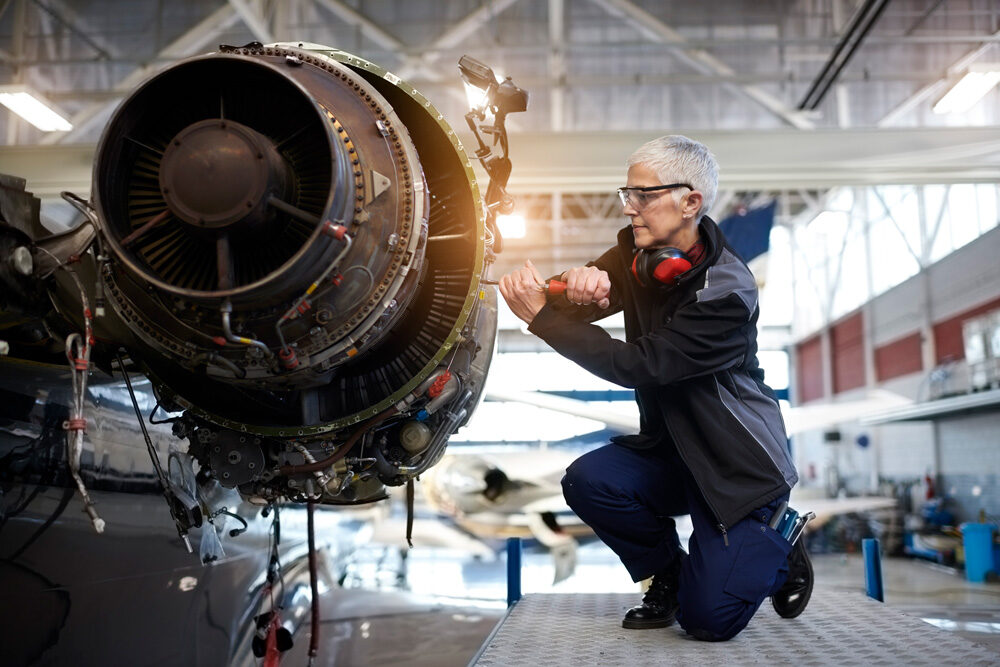
The initial situation
As an integral part of Airbus customer service and a major company in the aviation industry, Satair feels obliged to actively contribute to climate protection. The growing awareness of this responsibility and the increasing demands from stakeholders and society led to the definition of applicable sustainability targets. These include the areas of decarbonization, water consumption, recycling and reducing plastic consumption. The company sought support in defining a suitable approach to realising these goals.
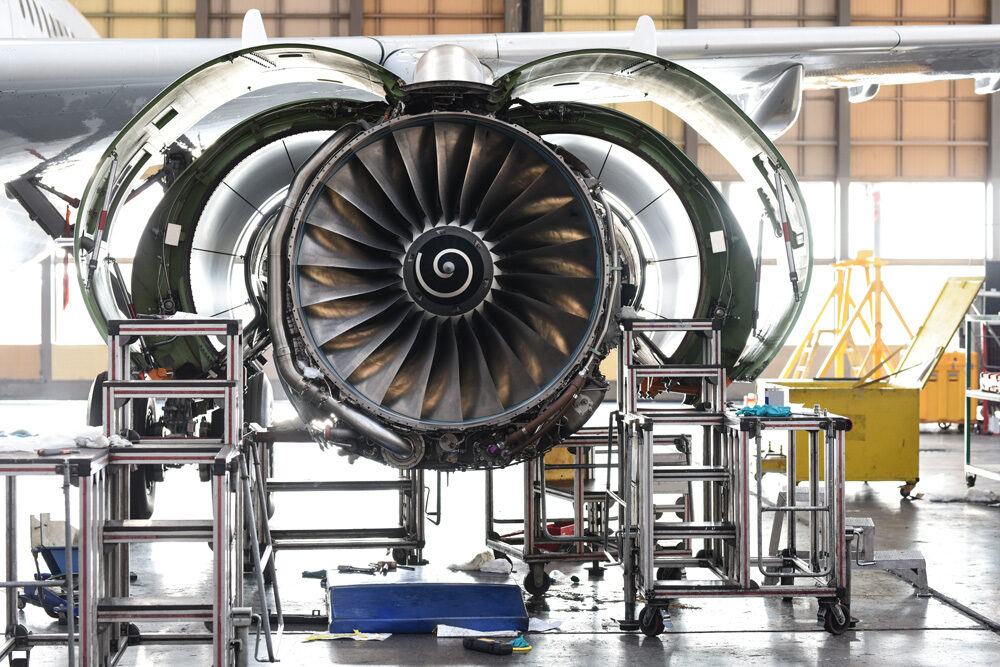
Organisational transformation - who implements the strategy?
The transformation in favour of Satair’s sustainability efforts required a comprehensive transformation. A central element of the project with valantic was therefore the establishment of an overarching governance for sustainability integrated into the existing organisation.
One result is the definition of a Target Operating Model (TOM) that encompasses processes, people and the entire organisation. As part of the TOM, a decentralised core team from various regions and departments was established to anchor the sustainability strategy in the organisation. Today, this team is responsible for ensuring that sustainability goals and targets are put into practice in the organisation, taking into account the specific challenges and ideas of the different areas.
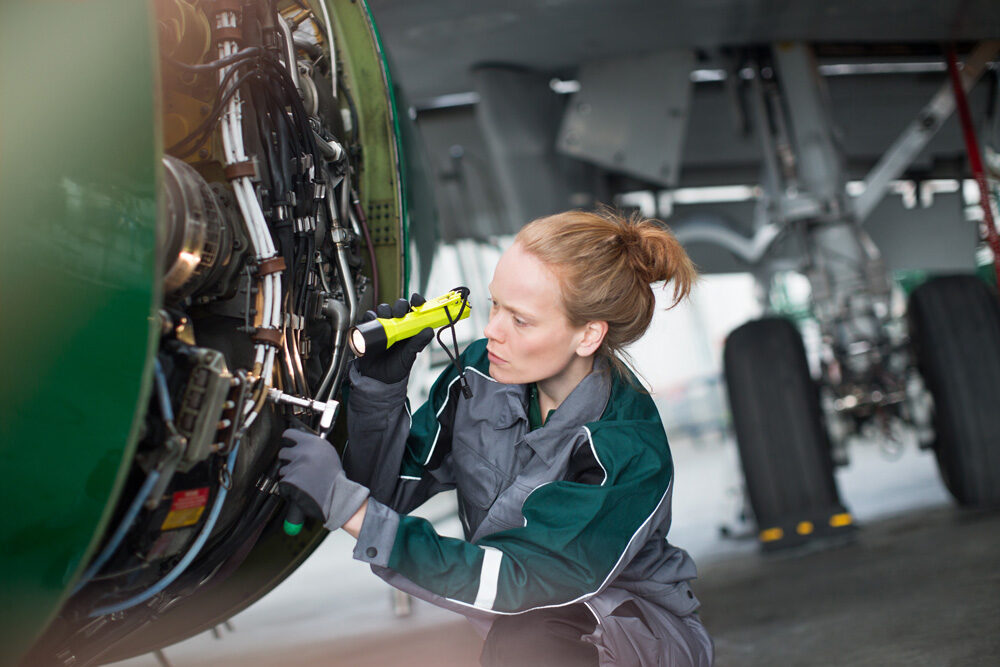
Another component of the TOM is to develop formats and content for the communication and training of employees on sustainability transformation. The aim was to create a uniform understanding of the importance of sustainability and to ensure that all employees are trained accordingly. We at valantic know from decades of experience with transformation projects: Success always depends on getting the support of the workforce in change management. Quick wins are very motivating. At Satair, for example, it was the establishment of a cross-location and cross-departmental core team, consisting of committed employees, as well as short-term adjustments to the logistics processes. These measures made the change toward sustainability more tangible.
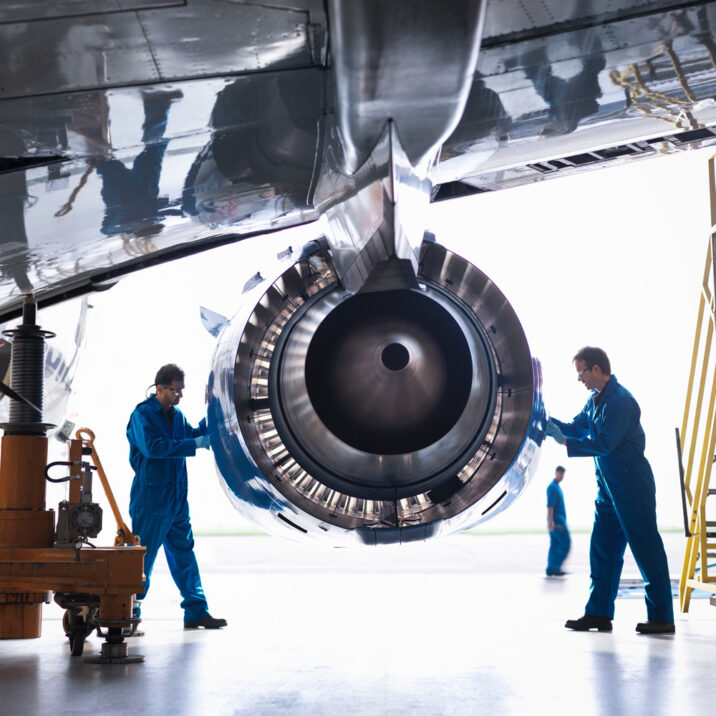
Carbon footprint and reduction pathway - how can emissions be reduced?
Another important component of Satair’s sustainability transformation was the creation of a comprehensive carbon footprint and the definition of an emissions’ reduction pathway. The first step was to create transparency about all emissions by expanding the existing carbon footprint to include additional emission categories in accordance with the Greenhouse Gas Protocol and improving the quality of the data collected. This assessment made it possible to identify emission hotspots and derive measures to reduce them. Both ecological and economic aspects were considered in the subsequent evaluation of the measures. Based on the measures identified, a holistic reduction path was outlined that supports Satair’s long-term sustainability goals. It became immediately clear that a change in stock levels and a switch in logistics from air to sea freight offer a high reduction potential.

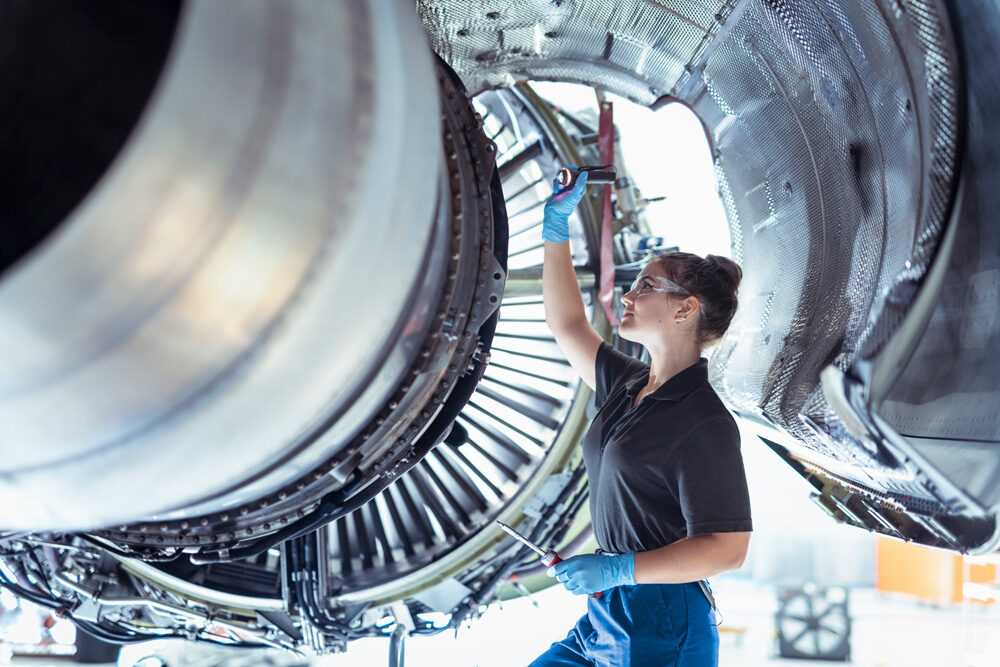
Über Satair
Satair is a global company and the world’s leading supplier in the aftermarket for civil aviation. With more than 1,800 employees at 10 locations worldwide and 143,000 square meters of warehouse space, the company manages an inventory of more than one million parts. These resources enable Satair to support the entire aircraft lifecycle by serving suppliers, airlines and MROs in an efficient and timely manner. In addition, Satair fulfills its commitment to provide material service support for the more than 11,000 Airbus aircraft in service.




